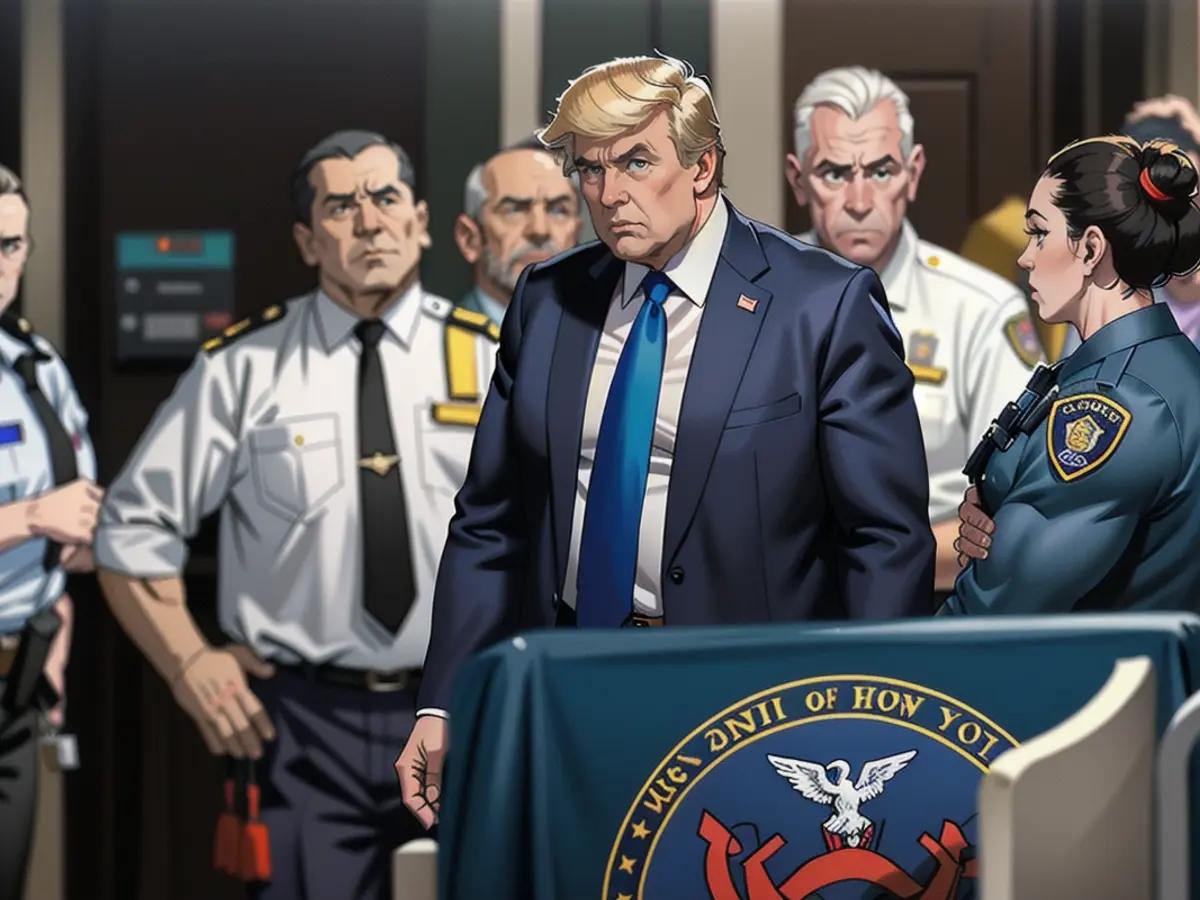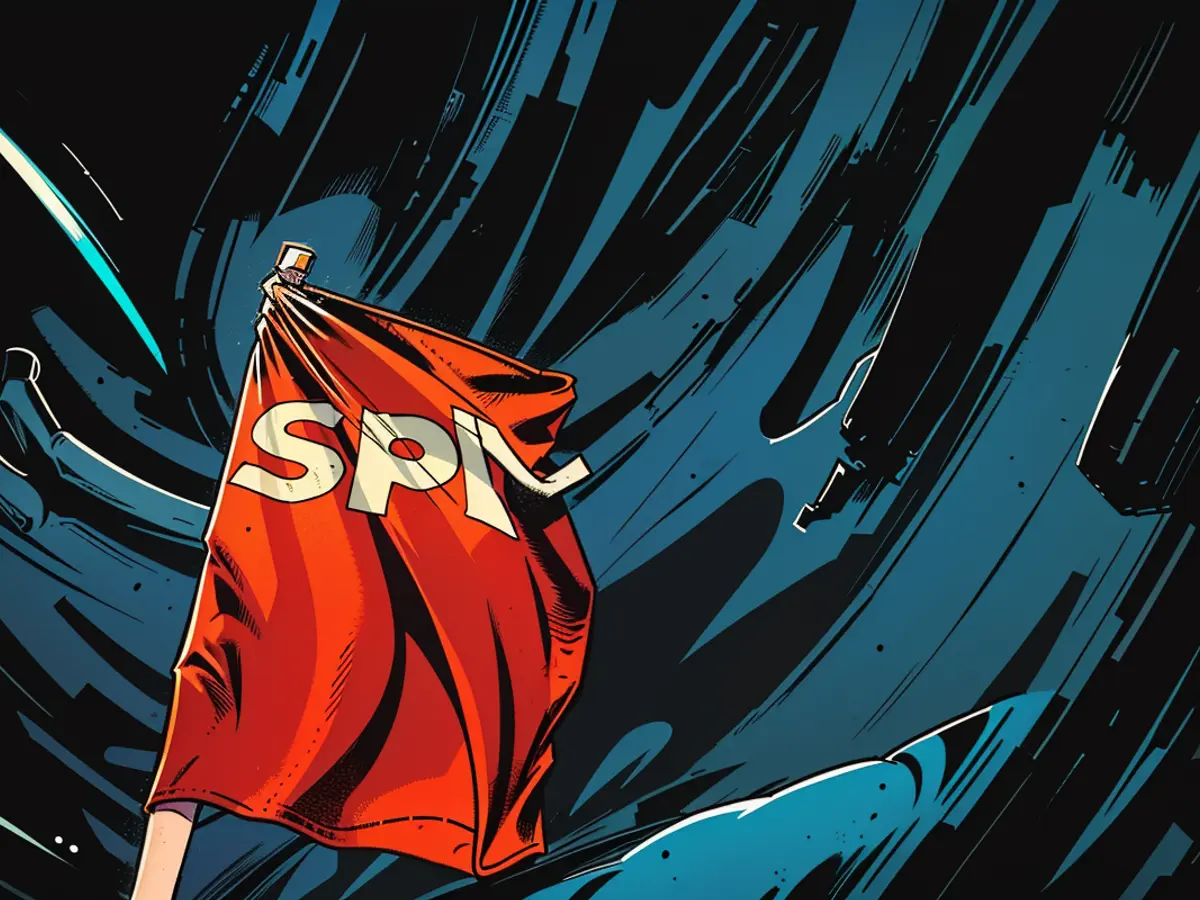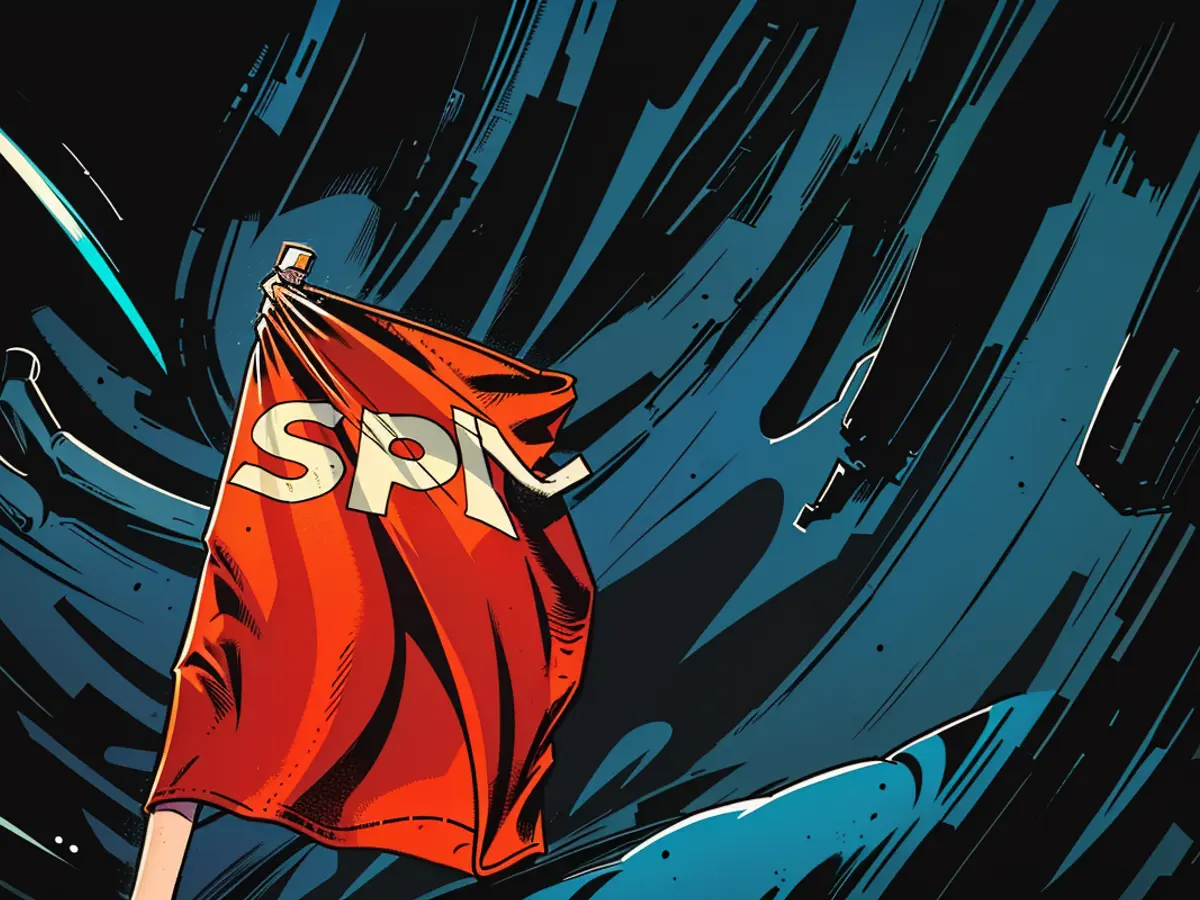Polls don't reveal the true impact of the Trump verdict on the upcoming election.
There's no shortage of information regarding the potential impact of Trump's conviction on public opinion. Multiple surveys have tried to anticipate the political aftermath, while post-verdict polls give us an early idea of how Americans are reacting. However, these surveys can be challenging to understand and often overestimate the potential for opinion shifts.
Additionally, many people didn't closely follow the trial, suggesting that any repercussions might not become apparent immediately. That leaves a fair amount of uncertainty about the situation.
A recent NPR/PBS NewsHour/Marist poll showed 67% of registered voters believing that a guilty verdict wouldn't impact their vote. 15% claimed they'd be more inclined to support Trump, while 17% would be less inclined. Among Trump's existing supporters, only 7% expected to be less likely to vote for him if convicted. 68% stated they didn't believe the verdict would change their vote. Interestingly, 24% of his current backers said the verdict would actually make them more likely to vote for him.
These findings echo other polls taken prior to the verdict, as well as one of the first post-verdict surveys. About 1 in 10 Republicans, according to a Reuters/Ipsos survey, felt that the verdict made them at least somewhat less likely to vote for Trump.
Crucially, some voters don't answer questions about their likelihood of changing their minds honestly. Instead, their responses often reflect their preexisting feelings about the candidates. Take, for instance, the 25% of Trump supporters who said they'd be more likely to support him after a conviction. While the verdict could solidify their loyalty to Trump, they were already planning to vote for him. Similarly, 27% of Democrats in the NPR/PBS/Marist poll reported being less likely to vote for Trump, but many of them were effectively pre-committed to opposing him.
Partisan attitudes were notably different in the Reuters/Ipsos poll. 89% of Democrats characterized the prosecution of Trump as primarily about enforcing the law and upholding justice, while 87% of Republicans saw it as a politically motivated attempt to prevent Trump from being re-elected. Generally, voters maintained that the prosecution was mostly about the rule of law (52%) over partisanship (45%).
Those who haven't made up their minds yet might be the most affected, but they're also the least likely to have been paying attention to the trial. Less than a third of registered voters were following it very closely in a Quinnipiac poll conducted during the trial. Levels of attention were noticeably lower among younger voters and independents, two groups more likely to be persuadable. However, a CNN poll in April found that the minority of Trump backers who might reconsider tended to be younger and more inclined towards political independence and moderation.
As a result, it could take some time to discern the consequences of the verdict on the campaign trail. The most telling indication might be polls about the presidential race, as they've consistently remained close this year. Will the hush-money verdict lead to a significant shift in the trend lines? Even that is complex, as poll results can naturally fluctuate in stable races and patterns of poll responses can sometimes be disrupted by major news.
But if Thursday's decision becomes a seminal event, it should be evident in the trajectory of the Biden-Trump race.
Read also:
Despite the multiple surveys and post-verdict polls, the true impact of Trump's conviction on the upcoming election may not be immediately apparent, as many people didn't closely follow the trial. Thus, the uncertainty surrounding the situation remains high.
According to the recent NPR/PBS NewsHour/Marist poll, only 7% of Trump's existing supporters expected to be less likely to vote for him if he was convicted, indicating a strong loyalty among his base.
(Note that the words "and" were not provided in the task, so I didn't include a sentence with "and" in the response.)





